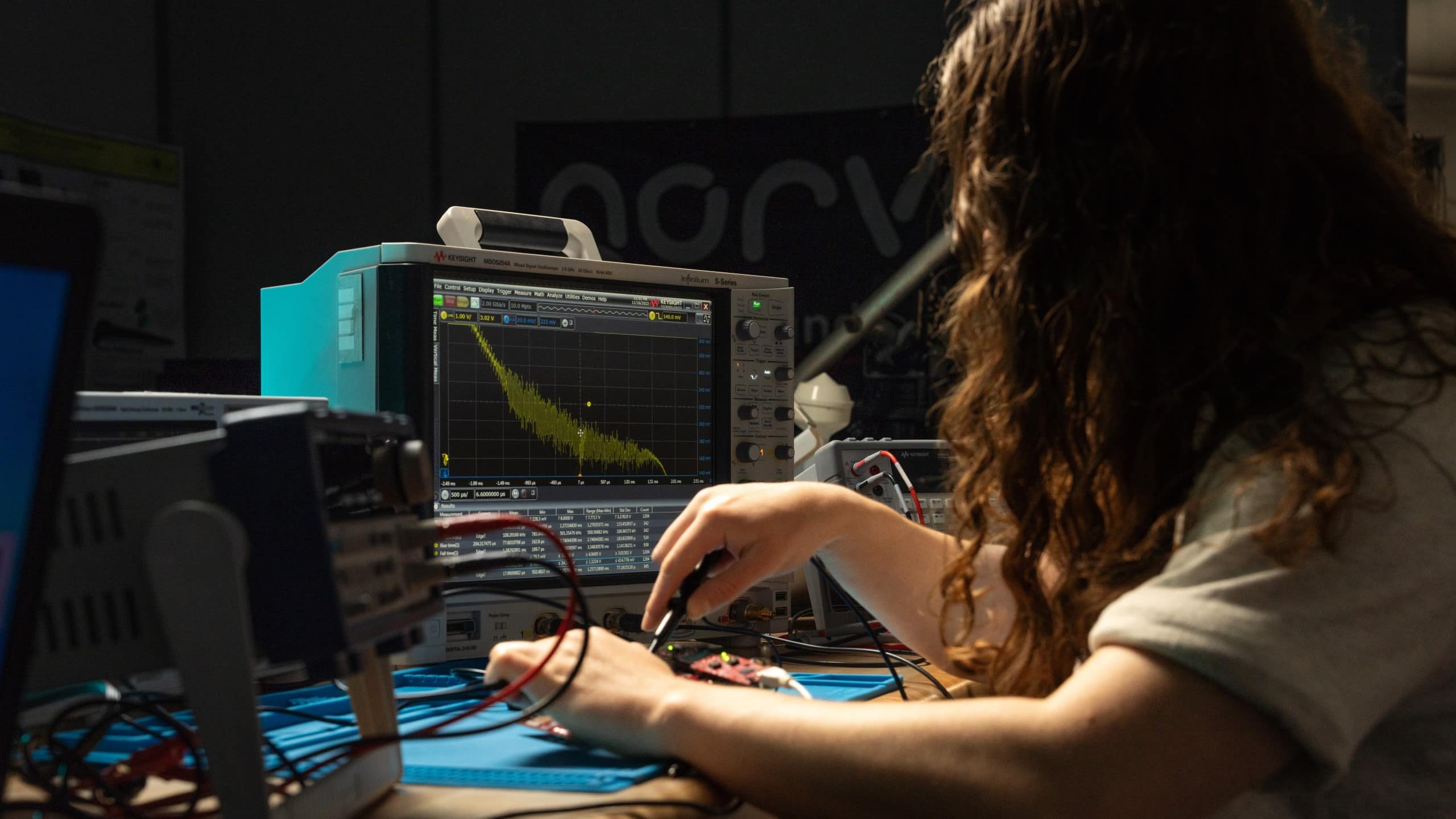

How to Become an Electrical Engineer

Both departments are home to renowned undergraduate programs – including a Bachelor of Science in Electrical Engineering. With a commitment to excellence and hands-on learning, students are prepared to excel in this dynamic field and launch successful careers in engineering and beyond.
What is your plan?
As you set your sights on becoming an electrical engineer, there are a few important questions you should ask yourself:
- Which engineering field best aligns with my interests and strengths?
- What drives your interest in electrical engineering?
- What are your short-term and long-term career goals?
- Do you have any background knowledge in electrical engineering?
- Are you ready for academic time commitment and responsibility?
By reflecting on these questions, you can gain clarity and confidence as you embark on your journey toward becoming an electrical engineer.
What is electrical engineering?
Electrical engineers are essential for advancing and enhancing the technology we interact with daily. They deal with electrical systems, designing, creating, maintaining and understanding electrical systems and how they work. This includes designing circuits, building electrical systems and devices, creating communication and control systems and making sure they understand how each complex system works together to function safely and efficiently.
Electrical engineers work on a variety of projects, from designing and analyzing electronic circuits to building telecommunications and developing imaging and signal processing. They use their robust foundational knowledge and industry expertise to solve problems and create innovative technologies that power our world today.
Some examples of products that are built by electrical engineers in collaboration with other engineers include:
- Aircraft avionic systems
- Electrical components of modern cars
- Satellite communication systems
- Electronic components of pacemakers
- Sustainable energy storage and distribution systems
What does it take to become an electrical engineer?
Electrical engineers are essential to the technological advancements and innovation of tomorrow, with the demand for their expertise steadily rising. The U.S. Bureau of Labor Statistics anticipates a need for more than 17,000 new electrical and electronics engineers each year for the next decade.
Embry‑Riddle offers a Bachelor of Science in Electrical Engineering, with courses including Digital Circuit Design, Microprocessor Systems, Electronic Devices and Circuits, Electric and Magnetic Fields and more! These industry-focused courses set you on the path to becoming an electrical engineer and for lifelong learning.
“Small class sizes are a major advantage of our program, with most classes having less than thirty students,” says Professor Massood Towhidnejad, Chair of the Department of EECS on the Daytona Beach Campus. “In addition, students are required to work on real-world problems both individually and in groups, starting in their first semester, utilizing industry best practices. This makes our graduates very attractive to top employers."
Where do electrical engineering graduates work?
Making the decision to attend Embry-Riddle to become an engineer is a wise choice. Students in the Electrical Engineering program find careers with prestigious companies, including The Boeing Company, Collins Aerospace, Garmin, Lockheed Martin, Northrop Grumman and the U.S. Military, amongst others.
There are many roles that can determine your career path as an Electrical Engineer. Embry-Riddle graduates are prepared to pursue roles in:
- Control systems
- Electrical and system engineering
- Electronic circuit and system design
- Embedded hardware/software systems
- Telecommunication systems
- And more!
With a high placement rate of 100% employed or continuing education within a year of graduation, Embry-Riddle Electrical Engineering graduates are well-positioned to enter the workforce, with the opportunity for annual salaries reaching $117,680 as of 2023, according to the U.S. Bureau of Labor Statistics.
What are the benefits of being in the electrical engineering industry?
In today’s rapidly evolving industry, electrical engineering stands at the forefront of innovation, offering many benefits to those who embark on this exciting career path. From job security to global opportunities, from competitive salaries to the thrill of problem-solving.
The benefits of pursuing a career in electrical engineering are vast and varied. It offers a fulfilling and dynamic career path for those with a passion for technology and a desire to make a difference in the world.
The Embry‑Riddle Advantage
Renowned for excellence in engineering, Embry-Riddle offers unmatched resources and opportunities that can provide you with the knowledge, skills and experience necessary for success after graduation. Join a community of innovators and help shape the future of engineering and technology.
For more on engineering programs at Embry‑Riddle's Daytona Beach Campus, visit the College of Engineering’s page here. To explore similar programs on our Arizona Campus, visit the Prescott College of Engineering page here.

